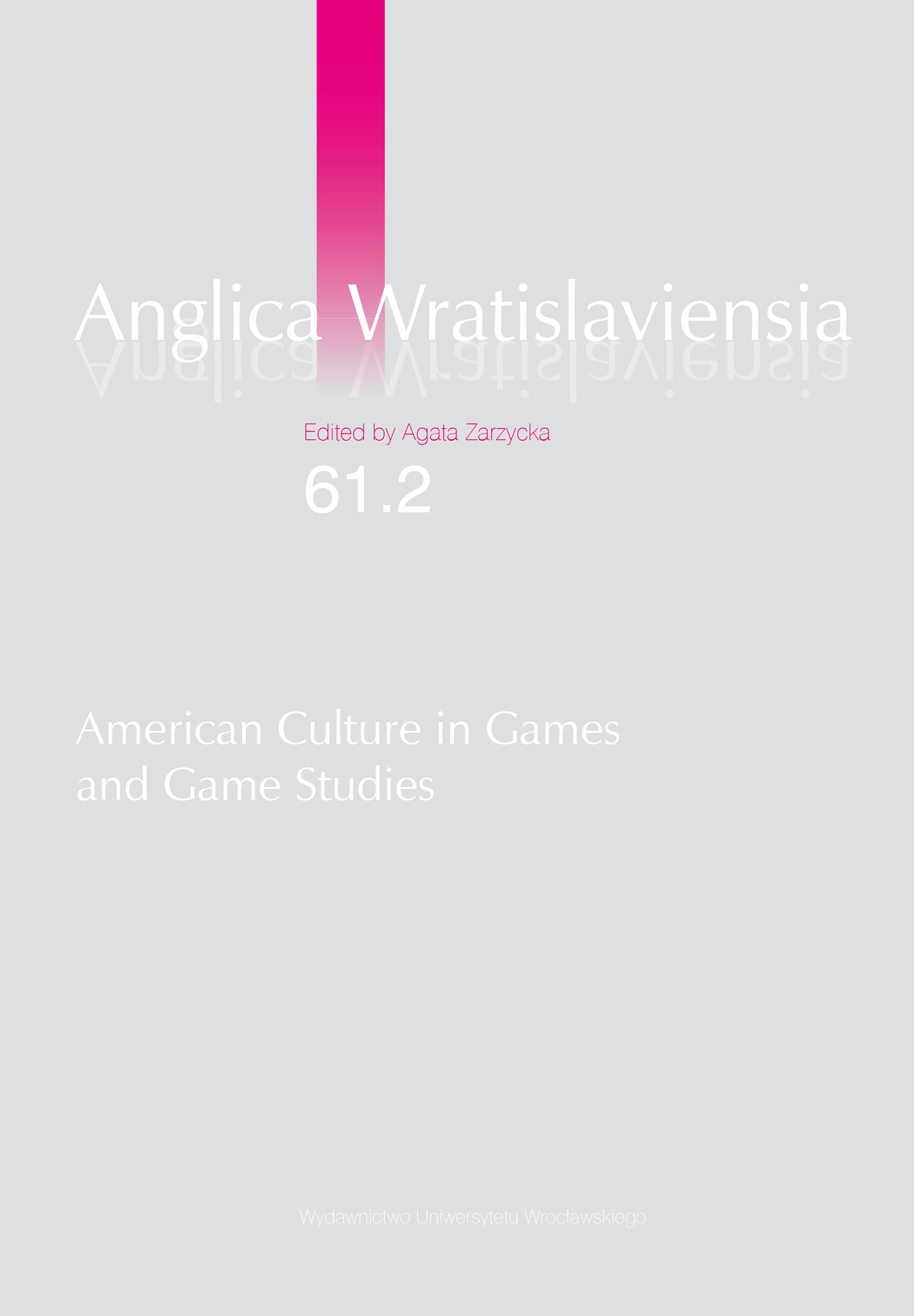

Articles

The aim of this article is to shed light on Nadine Gordimer’s political convictions in the context of the decolonization processes in the Belgian Congo (later the Democratic Republic of the Congo) in the years 1960–61. The article begins with a brief overview of Gordimer’s political views. It is argued that while Gordimer’s stance in the early 1950s had been that of liberal humanism (an influence that came to her also from the reading of E. M. Forster), by the end of this decade she began to question its relevance in South Africa. As a result, she decided to redefine both her political and artistic views, trying to forge a vision that would be more attuned to her position as a white writer in postcolonial Africa. This attempt is visible in her essay “The Congo River” (1961), at whose centre lies an ambivalence: while Gordimer welcomes the political transformation in Congo with cautious optimism, she also demonstrates a tendency to de-emphasize the country’s colonial history by focusing on the natural habitat and describing it as an ahistorical space. This notion of nature is, to a large extent, a repetition of the colonial vision of the natural environment, which Gordimer unwittingly perpetuated, creating her own example of the socioecological unconscious.